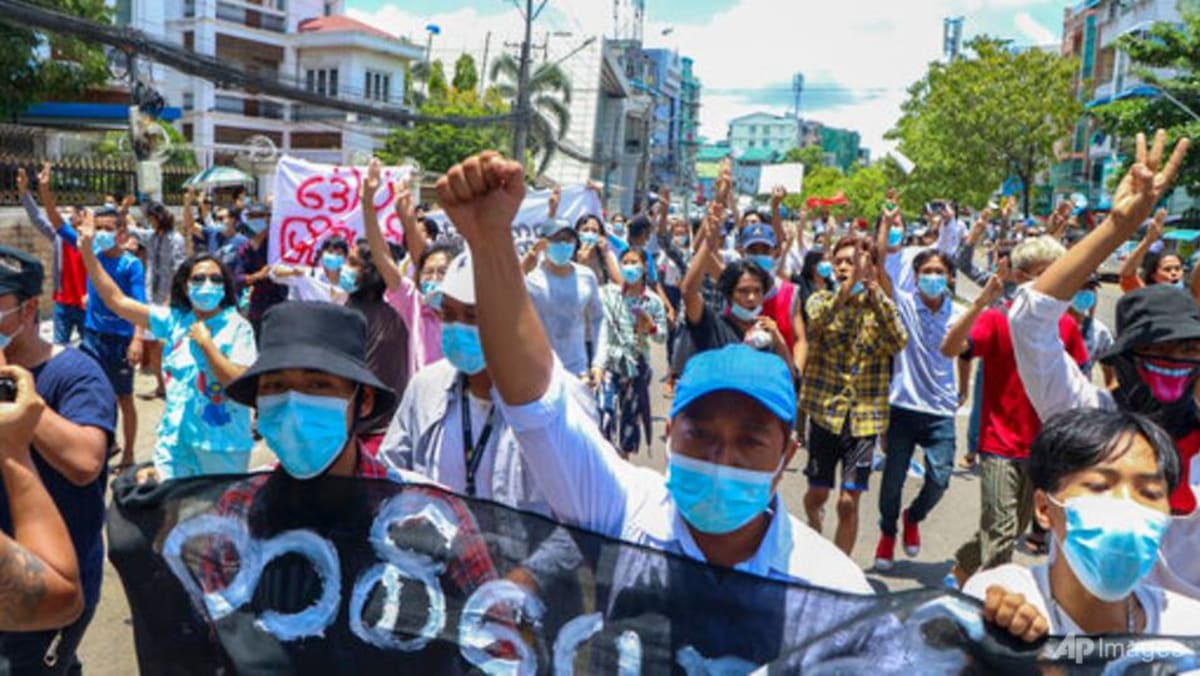
Commentary: Musk, Myanmar and the murky future of internet freedom
- 18.03.2025 22:44
- channelnewsasia.com
- Keywords: Satellite Internet, Internet Shutdowns
Resistance groups in Myanmar rely on Starlink to bypass government internet control, but this reliance exposes them to risks of external manipulation by Elon Musk and geopolitical shifts. The article underscores the global vulnerabilities of depending on foreign digital infrastructure and advocates for alternative solutions to protect internet freedom.